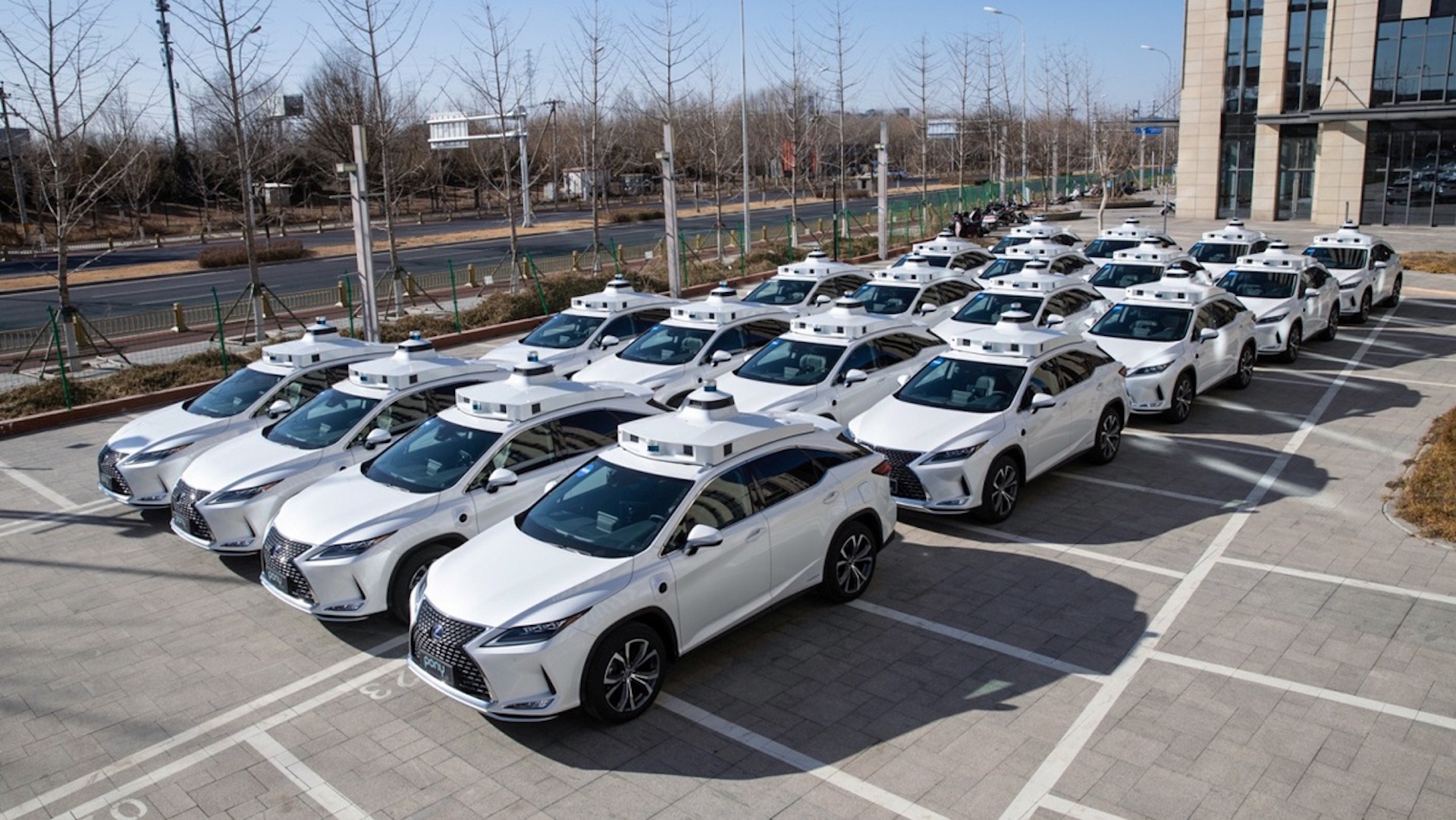China pushes ahead with driverless cars and taxis and the microchips that control them
China has pushed itself to the forefront of the self-driving industry, with companies like Baidu and Pony.ai now permitted to offer robotaxi rides in some major cities.

This week, Black Sesame Technologies 黑芝麻智能科技 completed all certification processes for its A1000 microchip for self-driving cars. It will begin large-scale production this year, making Black Sesame the first domestic company to mass-produce microchips for the automotive industry.
In the first quarter of 2022, the penetration rate (with partial driving automation) in the domestic passenger car of L2 self-driving cars market reached 23.3%, according to a report released yesterday by the International Data Corporation (IDC).
- Penetration rate in the NEV market was highest at 35%; in the gasoline vehicle market, it was only 19.9%.
The taxi and freight industries are already seeing real-world application of the tech:
- Pony.ai 小马智行, an autonomous vehicle technology startup co-located in Silicon Valley, Beijing, and Guangzhou, today announced it has been granted (along with Baidu’s 百度 Apollo 阿波龙 project) a permit to offer taxi rides to the public in vehicles without anyone behind the wheel (though with an operator in the passenger seat) within a 60-square-kilometer (23-square-mile) area in Beijing.
- Pony.ai has also been granted a license to operate 100 driverless taxis in a district in Guangzhou. On Tuesday, Pony.ai signed a deal with On Time 如祺出行, a travel brand under Guangzhou Automobile Group 广汽集团, to build a fleet of 100 autonomous vehicles to be used in Guangzhou.
- DeepRoute.ai 深圳元戎启行科技, which has already provided driverless taxi services in Shenzhen since 2021, last week launched a fleet of 30 L4-level (with high driving automation) autonomous vehicles in Shenzhen.
- Another L4-level autonomous driving company, Leadgentech 北京领骏科技, working on autonomous passenger and freight transport, has completed three pre-A rounds of financing.
China news, weekly.
Sign up for The China Project’s weekly newsletter, our free roundup of the most important China stories.
Autonomous driving has been incorporated into government development plans, and at present the domestic autonomous driving market is operating in the L2 stage. Although various models from Chinese car companies are already equipped with hardware sufficient to support the L3 level of autonomous driving (conditional driving automation, or about 75% automated), the regulatory framework for the L3 level has not yet been fully implemented.
In January, Xinhua reported that 27 provinces and municipalities have implemented regulations on self-driving vehicles, established 16 autonomous driving demonstration zones, and opened more than 3,500 kilometers (2,175 miles) of test roads.
The takeaway: The autonomous driving industry in China, like elsewhere in the world, is still some distance from reaching full maturity when affordable self-driving models will be readily available in the market. But China has already pushed itself to the forefront of the self-driving industry, with driverless taxis now in operation in its largest cities, and a range of innovative startups that are actively seeking to monetize their technologies.






